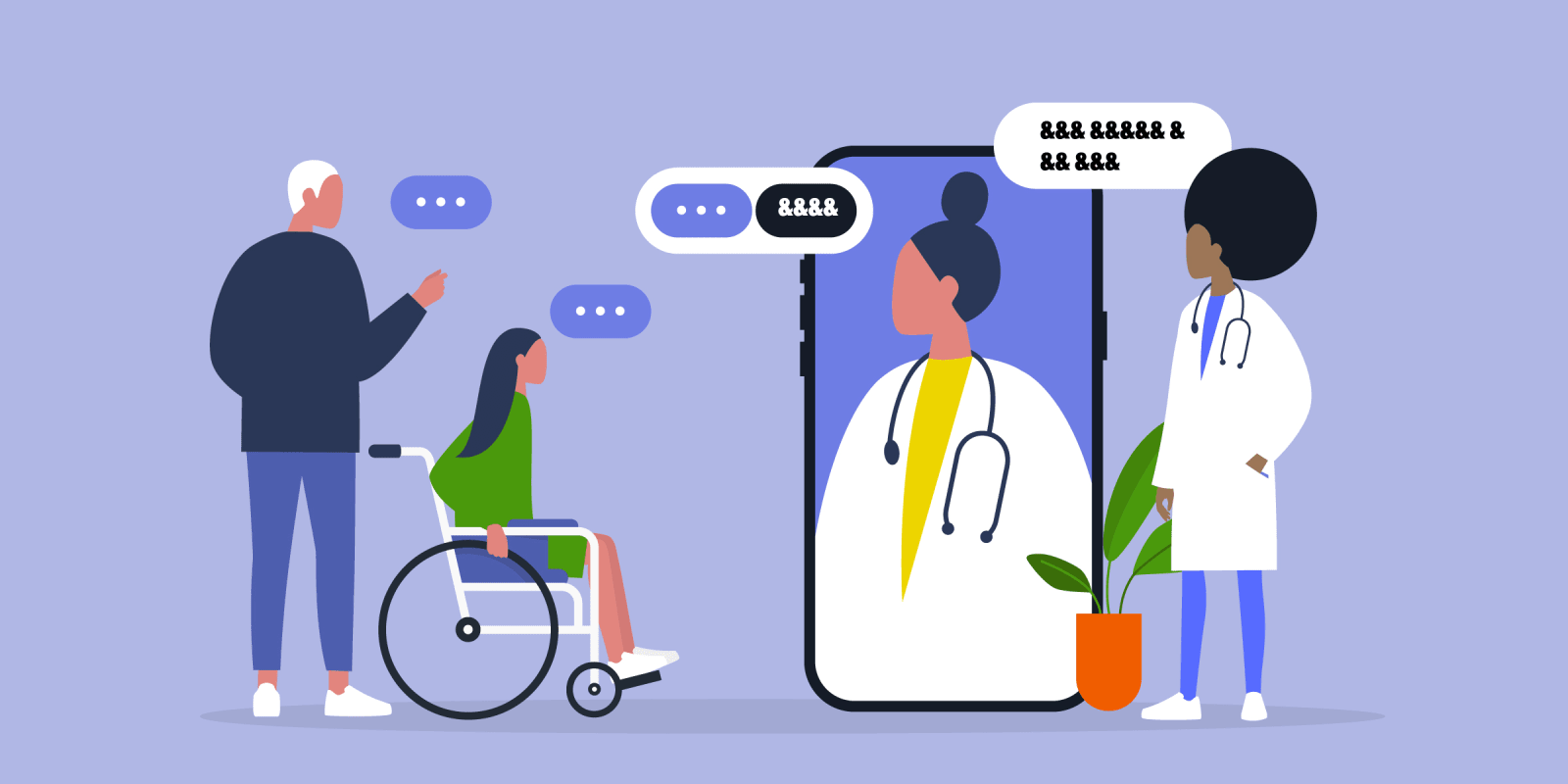When Dr. Joy Eberhardt sees a patient at an eating disorder clinic, she reminds herself of the cultural basis of food. As a Spanish-language certified pediatric physician, she is careful to recognize her own implicit biases during evaluations — a concept called cultural humility.
Cultural humility in health care is described in the Journal of Health Care for the Poor and Underserved as requiring individuals to “continually engage in self-reflection and self-critique as lifelong learners and reflective practitioners.” It involves physicians recognizing power imbalances that may be present in physician-patient communication and maintaining respectful relations.
Clinicians can practice cultural humility by first gaining “a deeper understanding of cultural differences,” according to Applied Nursing Research. At her current workplace, Dr. Eberhardt regularly conducts assessments for pediatric treatment, and she has noticed that many children arrive with a male guardian. She has occasionally found it challenging to determine if the male is the father of the child, taking into account potential concerns over commercial sexual exploitation.
“When we have some of these children come in, in a lot of these cases, we’re concerned of neglect or sexual abuse,” Dr. Eberhardt said. “We have to look at the layers to be trauma-informed.”
To understand the context for a patient’s condition, clinicians can begin by forming a human connection through a non-health oriented conversation and by practicing reflective listening.
Dr. Shirlene Moten, medical director of the UPMC PinnacleHealth Medical Group, explained that a clinician does not need to be an expert in cultural humility to understand that stereotypes can impact care.
“Just go into the room with a humble desire to learn about the person in front of you, and an understanding that we don’t know everything about the person.” Dr. Moten said. “Start by treating them with basic humanity and respect.”
For instance, Dr. Moten described how some cultures may require the so-called “man of the house” to make decisions.
“It’s important to make sure that he’s incorporated in the education that you’re providing to the patient because he's the one that’s going to have to interpret those instructions and ensure that the patient’s medical needs are met,” Dr. Moten said.
Language barriers are prevalent in health care, and at many times, even an interpreter is unable to provide an adequate translation, Dr. Eberhardt added. She emphasized that it is imperative to understand that language is a continuum.
“There are different kinds of English, there are different kinds of Spanish,” Dr. Eberhardt said. “It’s not as simple as getting an interpreter, it’s being aware if the patient isn’t comfortable with the interpreter or engaging well.”
In her clinic, Dr. Eberhardt often interacts with members of Indigenous communities. For example, some patients speak Maay Maay, the language of a marginalized group in Somalia. Somali speakers might be prejudiced against the Maay Maay and may not understand their language, yet a Somali speaker might still be asked to interpret for them.
“Often a Somali interpreter is called for a Maay Maay patient,” Dr. Eberhardt said. “This leaves the Maay Maay patient stranded with no way to communicate with the medical team and held in place by an oppressive system due to the lack of support from the interpreter.”
In the fight for health care equity, Dr. Moten believes that clinicians must recognize their own implicit biases to make a change.
“Organizations should take the responsibility to educate physicians on their own biases so that they can incorporate that education in a way that’s meaningful to the community,” Dr. Moten said. “There’s a risk of a person’s bias minimizing the experiences of a patient.”
Practicing cultural humility in a health care setting involves ensuring patients feel understood and accepted. Dr. Eberhardt explained that allowing patients to have their narratives, and recognizing one’s privilege as a clinician, can greatly impact the quality of patient care.
“There is an interviewer that I work with who is constantly interrupting families, but it’s especially painful for Spanish-language families,” Dr. Eberhardt said. “We need to see our privilege when we walk into an environment.”
While treating patients with an awareness of linguistic and cultural barriers can take more time than typical evaluations, Dr. Eberhardt emphasized that making the change is well worth it.
“If you’re scared, you know you’re in the right place,” Dr. Eberhardt said, “You’ll walk through it and come out on the other side, and it’ll be better for you and your patients.”
What are some ways a clinician can practice cultural humility in their workplace? Share your thoughts in the comments below.







